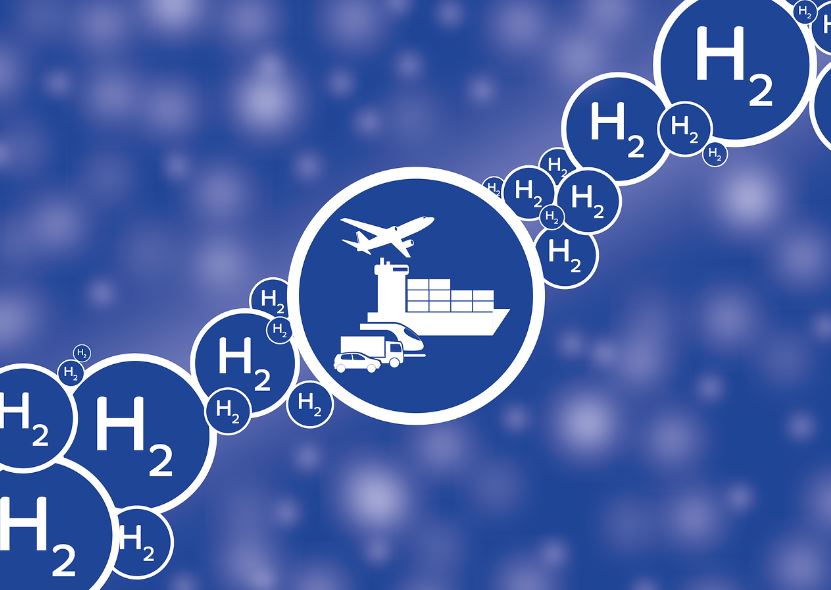Estonia has launched a call for tender for a €40 million zero-emissions ferry, a vessel that will be powered entirely by hydrogen fuel.
The primary goal of Estonia’s zero-emissions ferry project is to enhance the quality of connections for people traveling to and from the main islands. By utilizing hydrogen fuel, the ferry is poised to become a beacon of energy efficiency and environmental respect. The ferry is expected to commence operations in October 2026, revolutionizing the island-crossing experience.
The next-generation ferry is designed to operate entirely on hydrogen fuel or shore-supplied electricity. Notably, it can navigate through winter conditions in Estonia, showcasing its versatility and practicality in challenging environments. The use of new technologies and an innovative hull design ensures that the energy consumption of the ferry is approximately 20% lower than its predecessors, marking a significant advancement in ferry technology.
Andres Laasma, the Director General of the State Fleet, highlights the ferry’s ability to lower energy costs, thanks to its zero-emission principle. The vessel’s innovative features and hydrogen-based propulsion make it an environmentally friendly choice for island crossings. The project aims to align with Estonia’s commitment to nature-friendly initiatives while offering economic benefits through more energy-efficient journeys.
Estonia’s commitment to innovation is reflected in its collaboration with the Estonian Maritime Academy and the Finnish company Deltamarin. The development of a conceptual ferry design and a digital twin prototype during construction highlights a holistic approach to innovation. The digital twin is expected to enhance the optimal use of the ferry by analyzing real-time data, further contributing to its efficiency.





